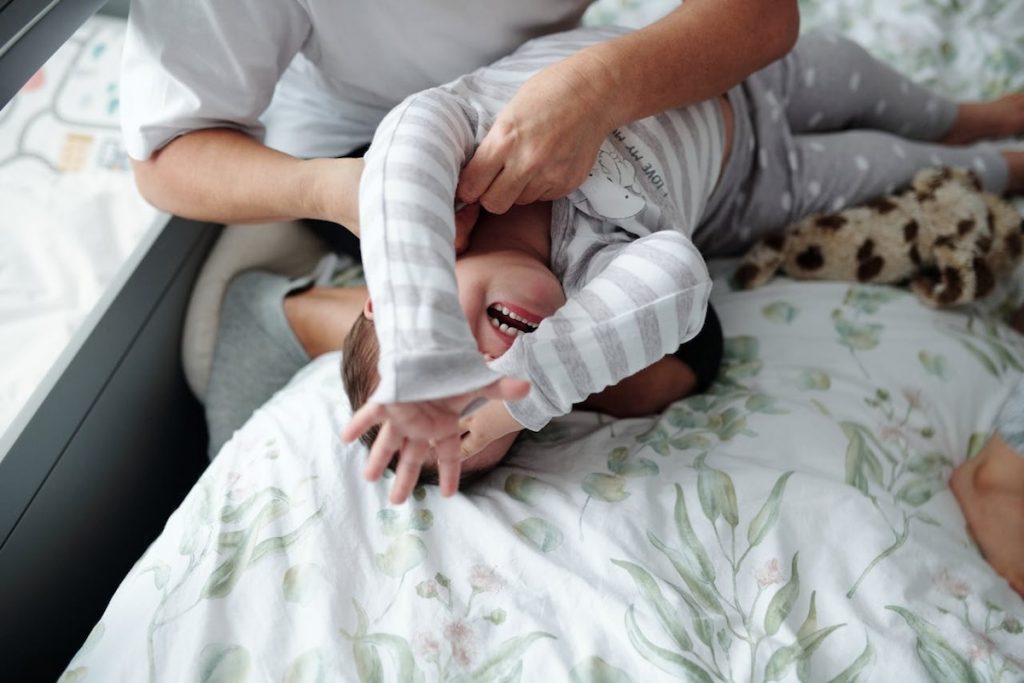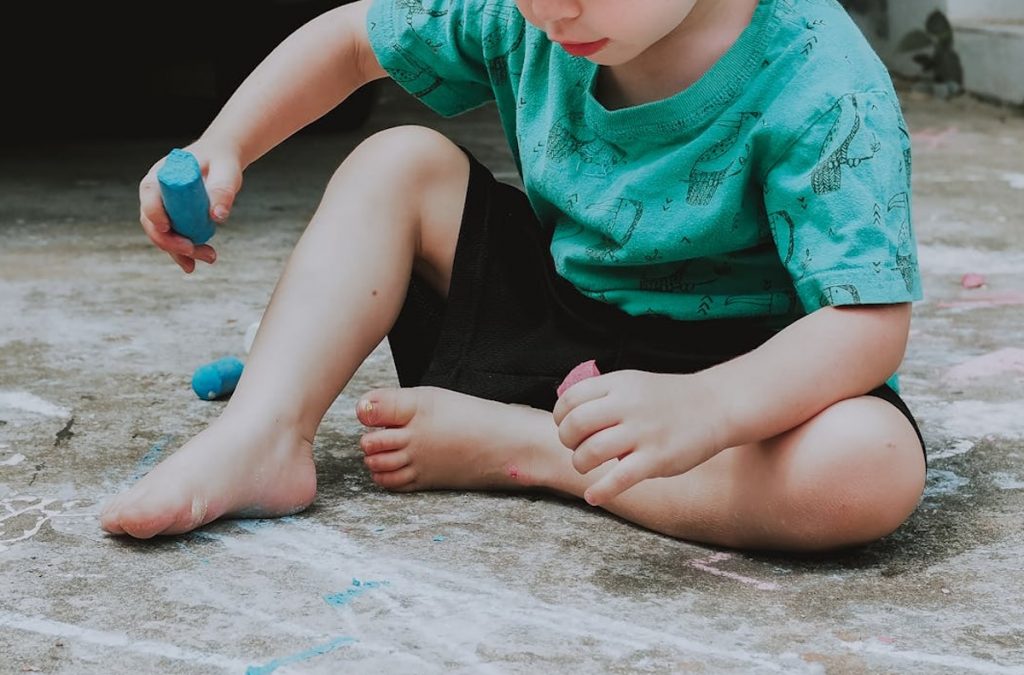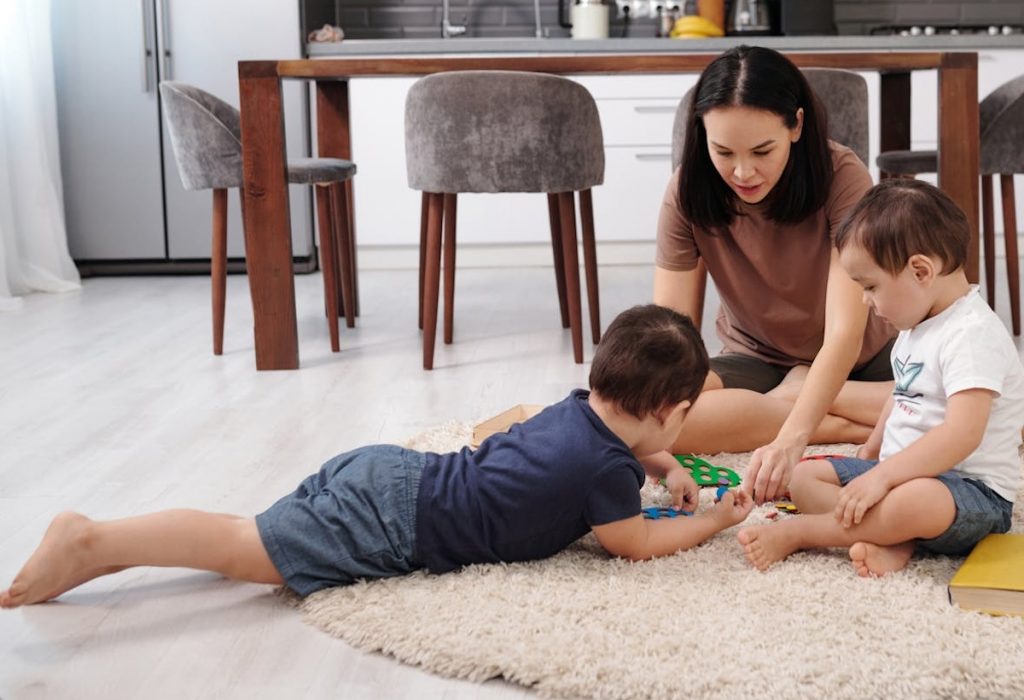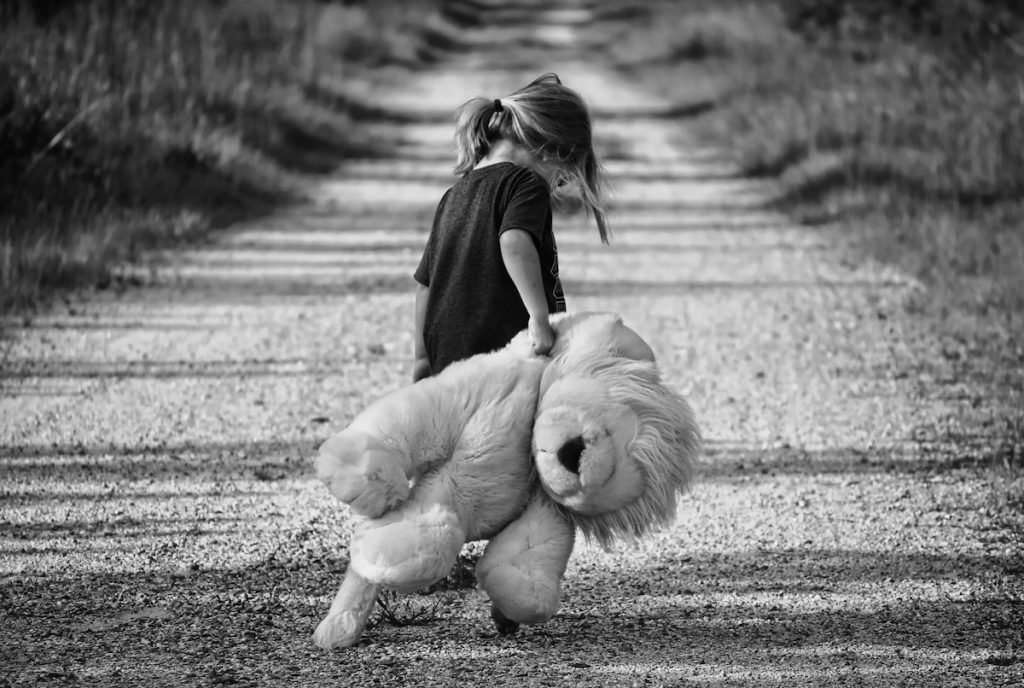Towards the end of last year, there have been cases of preschool teachers hurting children under their care. These viral videos have shocked the nation and raised the importance of recognising potential signs of maltreatment in preschool context.
Tell-tale signs of child maltreatment go beyond physical marks and bruises, which make it difficult to detect. Psychologists have weighed in after these cases surfaced to advise how we can communicate with our kids better so they can and will share about their struggles. Just how can we be more aware of physical and behavioural signs of maltreatment? Read on to find out more.
How do we spot physical and behavioural signs of maltreatment?
Psychologists have pointed out that unexplained bruises in unusual places where children don’t usually get hurt, such as the back, inner thighs and underarms, are easier to detect and a cause for concern. However, behavioural signs are definitely more difficult to determine. These are sometimes not as easily picked up by just asking kids about their day at school. Here are some signs of distress signals you can look out for:

- Reluctance to attend school
- Flinching and aversion to touch
- Apprehension or fear of particular school staff
- Shifts in mood (withdrawal, aggression, hyper-vigilance)
- Changes in emotions (heightened irritability, crying, clinginess, and sudden outbursts)
- Sleep disruptions
- Decreased appetite
- Continual reports of nightmares
- Frequent complaints of somatic (pain, fatigue) or physical symptoms, although your child has no health issues
- Recurring bedwetting although toilet-trained
Sometimes, for younger kids, role-playing might be a way to gain some insight as to what goes on daily in school. Art and drawing might also be another method to reveal uncomfortable experiences they encounter during their day.

How do we approach the topic of maltreatment with our preschooler?
Bringing up this topic to preschoolers is not an easy feat and you can’t expect them to articulate how they feel at such a young age. Are they really distressed at school? Or are they simply acting up because of a tantrum? Child psychologists maintain that open-ended questions are the best way to draw out some reactions from your tots. Simple questions like “How was your day at school?” or “What did you learn from your teachers today?” might just do the trick.
While your preschooler may not have the ability to use proper vocabulary to articulate their school experience , you can roughly determine from their reactions to your questions about whether people they come across are “good” or “bad”. From this you can suss out the situation and take heed that something might be going on in school.

How do we react to possible instances of maltreatment in our child’s preschool?
Our first instinctive response is likely to be fear and then outrage. However, child and educational psychologists advise against jumping the gun and overreacting. Keeping our composure is key to handling such sensitive situations.
Timeliness of our reaction in raising such an issue to the preschool or childcare centre is also crucial. Experts advise against waiting especially if your child displays clear signs of distress and physical indicators are distinct. If the case for such maltreatment is clear-cut, report the case, change schools and move your child out of such an environment.

How do our children know that we provide a safe space for them?
Rather than taking action only when a crisis emerges, having continuous and open communication with our children is essential for their emotional development and safety. We can’t possibly be scrutinising each and every moment of our child’s preschool life. We have to rely on them sharing with us the big as well as the small details on things that go on in school. The only way that we can ‘fish’ for information is if we’ve already developed this open line of communication with them right from the start. Ms Gloria Ng, deputy director and head of community services and programmes at the Singapore Children’s Society says that children should be taught that they have a right to feel safe at all times.1
- Taken from https://www.straitstimes.com/singapore/how-to-recognise-possible-signs-of-abuse-in-pre-schoolers ↩︎
Child Psychologists in Singapore*
- Annabelle Psychology – https://www.annabellepsychology.com
- MindfulBear – https://mindfulbear.sg
- Light Path – https://childpsychologist.lightpath.sg
- NUH Paediatric Psychological Services – https://www.nuh.com.sg/our-services/Specialties/Paediatrics/Pages/Paediatric-Psychological-Services.aspx
- Counselling Perspective – https://www.counselingperspective.com/services/child-counseling
- Bloom Child Psychology – https://www.bloomchildpsy.com
- Ris Kids & Teens – https://risesingapore.com
*Do note that this list is not exhaustive.



